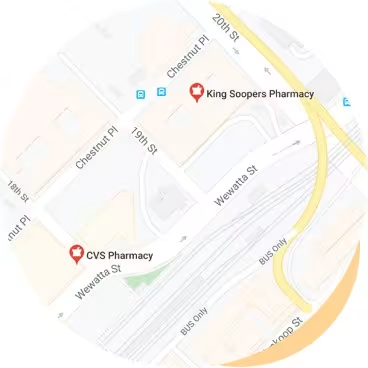Pros
Effective in treating depression: Pamelor® is highly effective for alleviating symptoms of depression, particularly when other drug treatments have not worked.
Established treatment history: Pamelor® has been successfully used for decades in clinical practice, with both effectiveness and side effects carefully studied.
Affordability: Available as the generic drug nortriptyline, Pamelor® is a potentially cost-effective option for patients where affordability is a concern.




